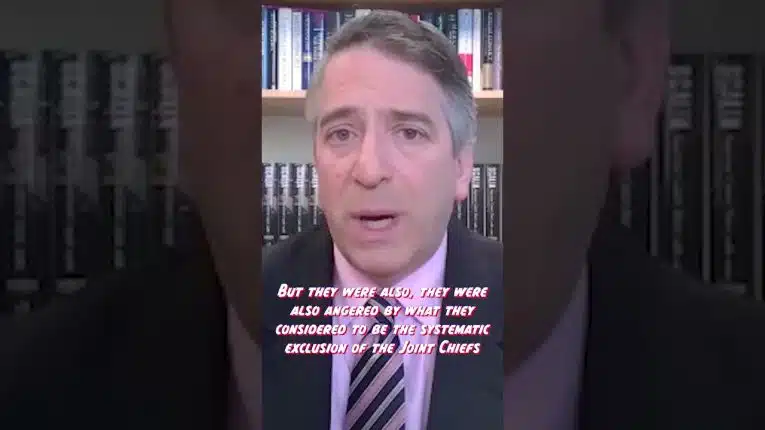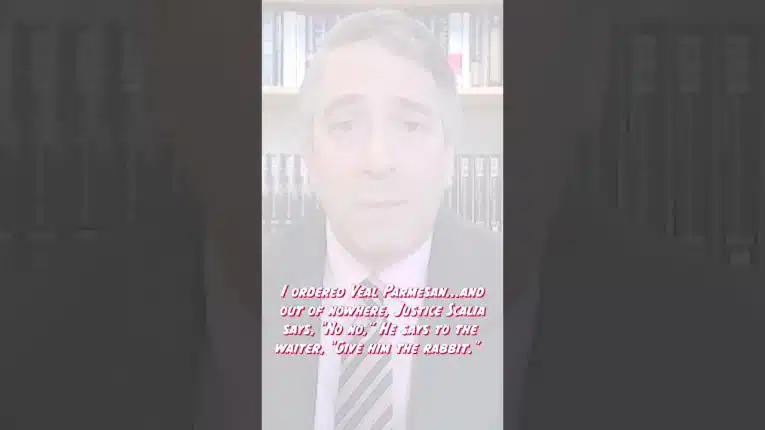The Biden administration should be upfront about what the federal government knows and what it does not know about the efficacy of the vaccine.

When Covid cases were peaking in Dec. 2020 at more than 391,250 probable cases a day, about three weeks later it result in a peak fatality rate of 3,280 on Jan. 10, a fatality rate of 0.84 percent, according to data compiled by the Institute for Health Metrics and Evaluation (IHME).
That was as the national vaccine program was getting off the ground. Now, more than 145 million doses have been administered to 95 million Americans who have had at least one dose. 50 million of the 95 million have had two doses, according to the Centers for Disease Control.
And so, what do those same numbers look like now?
Today, we’re seeing about 930 deaths a day from probable cases about three weeks ago of 111,000, a fatality rate of 0.84 percent.
That’s about what it was last year, too. There were two days where the peak fatalities reached 2,700 in mid-April, while peak probable cases was said to be 281,400 in late March, a fatality rate of 0.95 percent. When the virus fatalities nearly peaked at about 2,300 daily mid-April of 2020, that was out of about 275,000 daily new probable cases from late March, again at 0.84 percent, per IHME estimates.
So, it hasn’t changed much at all.
The number of cases are dropping for sure, but that would be expected anyway as the cold and flu season winds on down and seasonality begins to kick in. Late last spring and in the summer saw a considerable drop in cases, too.
Still, it’s hard to know if the current drop in cases can be attributed to vaccine, or to just the end of the cold and flu season. It raises the question of when will we know the vaccine is working?
Last summer, Dr. Anthony Fauci, director of the National Institute of Allergy and Infectious Diseases on July 9, 2020said of the vaccine trials then being conducted: “The early data on these trials have a cautious optimism that we will be successful at least in developing a vaccine with some degree of efficacy by the end of the year, the beginning of 2021.”
So, Fauci was “cautiously optimistic” we might get “some degree of efficacy” from a vaccine by 2021. He was right about the timetable of the vaccine becoming available at the beginning of this year.
But is the “some degree of efficacy” that led to Food and Drug Administration emergency approvals efficacious enough?
On a cautionary note, Dr. Rachel Roper a professor of immunology at East Carolina University who worked on a SARS vaccine years ago, told New York Magazine in April 2020, said that even if the vaccines do produce an immune response does not mean the vaccine will be fully effective.
Roper stated, “They really are very similar viruses [SARS and COVID-19], both virulent and contagious… People think, ‘Oh, if you make antibodies to it, it’s going to be protective.’ That’s not necessarily true. We were able to induce an immune response, but it wasn’t good enough to really protect against the disease.”
In other words, there has never been an effective vaccine against coronaviruses in human history, and if the current ones do work, it will be the first time ever.
Then there is still great uncertainty about how long the vaccine will last. Astudy out of the UK finds that only 17 percent of COVID-19 patients retain antibodies after a three-month period, calling into question how effective a vaccine might be.“People are producing a reasonable antibody response to the virus, but it’s waning over a short period of time and depending on how high your peak is, that determines how long the antibodies are staying around,” said the study’s lead author, Dr. Katie Doores of King’s College London.
That was last year. Today, according to the CDC, “We don’t know how long protection lasts for those who are vaccinated. What we do know is that COVID-19 has caused very serious illness and death for a lot of people. If you get COVID-19, you also risk giving it to loved ones who may get very sick. Getting a COVID-19 vaccine is a safer choice.Experts are working to learn more about both natural immunity and vaccine-induced immunity. CDC will keep the public informed as new evidence becomes available.”
So, that’s three things we yet know about the vaccine: 1) Is it contributing to a reduction in overall Covid cases? 2) Will it reduce the fatality rate for those who still get infected, or will that remain the same? And 3) How long will the vaccine even last?
The answer right now appears to be that it’s too early to tell, and we may not really know for certain until next fall when everyone’s had the vaccine and the new cold and flu season begins.
In the meantime, the Biden administration should be upfront about what the federal government knows and what it does not know about the efficacy of the vaccine. At this point, it looks like they’re hoping it will work, but we don’t know by how much and for how long. Stay tuned.
Updated at 11:21 a.m. to include peak mortality from April 2020.
Robert Romano is the Vice President of Public Policy at Americans for Limited Government.






